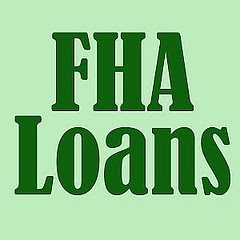If the credit reports used in the analysis show cumulative outstanding collection account balances of $2,000 or greater, the lender must:
• verify that the debt is paid in full at the time of or prior to settlement using an acceptable source of funds;
• verify that the Borrower has made payment arrangements with the creditor and include the monthly payment in the Borrower’s Debt-to-Income ratio (DTI); or
• if a payment arrangement is not available, calculate the monthly payment using 5 percent of the outstanding balance of each collection and include the monthly payment in the Borrower’s DTI.
Collection accounts of a non-borrowing spouse in a community property state must be included in the $2,000 cumulative balance and analyzed as part of the Borrower’s ability to pay all collection accounts, unless excluded by state law. Unless the lender uses 5 percent of the outstanding balance, the lender must provide the following documentation:
• evidence of payment in full, if paid prior to settlement;
• the payoff statement, if paid at settlement; or
• the payment arrangement with creditor, if not paid prior to or at settlement.
For manually underwritten loans, the lender must determine if collection accounts were a result of:
• the Borrower’s disregard for financial obligations;
• the Borrower’s inability to manage debt; or
• extenuating circumstances.
The lender must document reasons for approving a mortgage when the Borrower has any collection accounts. The Borrower must provide a letter of explanation, which is supported by documentation, for each outstanding collection account. The explanation and supporting documentation must be consistent with other credit information in the file.
For additional information see Handbook 4000.1 II.A.4.b.iv.(M); II.A.5.a.iii.(D), II.A.5.a.iv.(O) at https://www.hud.gov/program_offices/administration/hudclips/handbooks/hsgh


